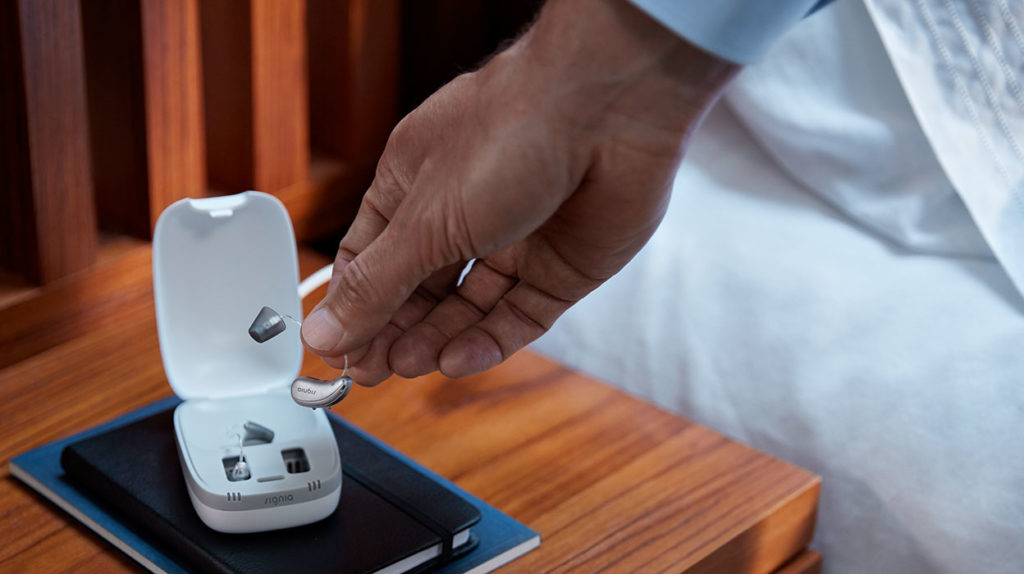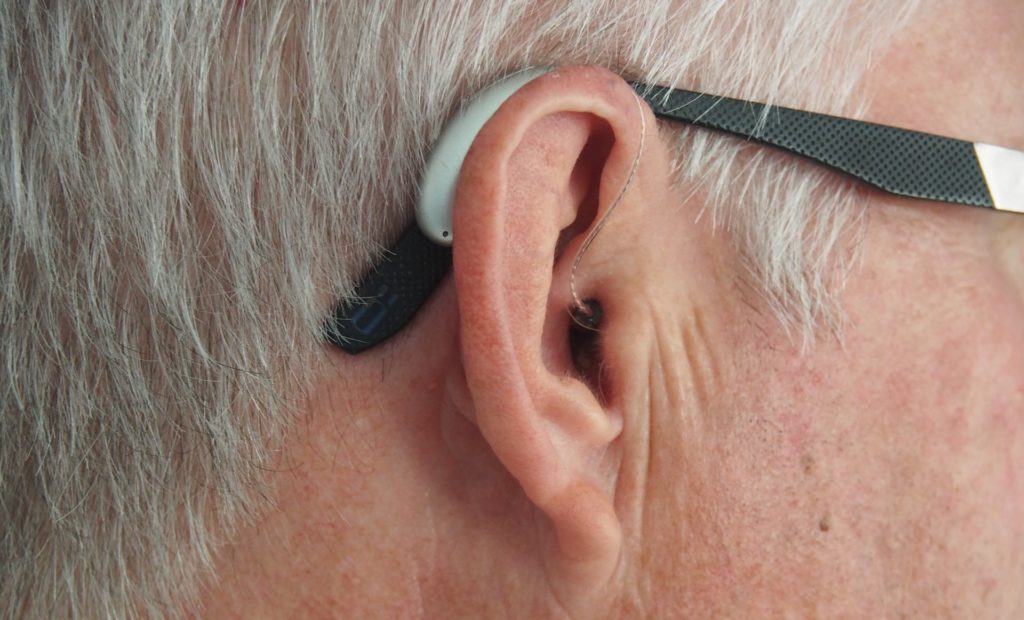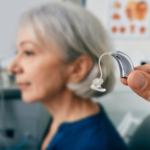Modern technology has heavily changed the hearing aid industry over the past few years, with so many new features adding extra convenience, and various designs and styles increasing comfort.
One of the changes made to hearing aid offerings means users now have a choice between rechargeable and standard battery operated instruments, but what’s the right choice for you?
We’ve put together some of the pros and cons for both types of hearing aid to help you decide.
Rechargeable Hearing Aids
Rechargeable hearing aids are a more recent addition to audiology ranges, with manufacturers utilising technology to create a convenient method of keeping batteries running without needing to be changed.

However, as convenient as they might be, they do have some negatives against them too.
Easier to maintain
Changing the battery on a standard hearing aid can be quite a fiddly job, thanks to the small size of the unit. A rechargeable hearing aid takes this stress away, allowing you to simply pop them on charge each time you need to.
Continued use
Rechargeable hearing aids are designed to keep your hearing in action throughout the day. They’ll usually hold more than enough charge to give you a full day of improved hearing. It means you’ll only need to charge them up overnight when sleeping.
Simple charging process
You don’t have to struggle with cables and plug your hearing aids in. Usually, they’ll come with a charging case or stand – keep this next to your bed, and each night correctly place the hearing aids in position to get a full day’s charge.
Battery faults can’t be dealt with easily
On the standard replaceable battery hearing aid, any battery faults can be rectified by the user themselves. As they would when the battery is flat, they can simply remove and replace, but it’s not so simple with a rechargeable. If there’s an unexpected battery fault, they’d need to get it repaired by a professional, meaning for a period they wouldn’t be able to use their hearing aid.
Dependency on a charger
While a standard hearing aid user can carry spare batteries with them, it’s not convenient to carry a charger around all day. On the odd occasion, it’s possible for users to accidentally not charge their hearing aid properly, meaning they can lose power when out and about. With no easy option for swapping batteries, it means they can end up with out of action hearing aids for a prolonged period of time.
Replaceable Battery Hearing Aids
Seen as the more traditional form of hearing aid, a replaceable battery hearing aid can sometimes be less convenient than the more modern option, but does have some positive points too.

Longer battery life
While a rechargeable battery hearing aid will need charging every night, a disposable battery hearing aid can last for a much longer period. For a standard all-day wear of approximately 14 hours per day, batteries can last anywhere from 5 to 14 days, depending on the hearing aid.
Portable batteries
The small size of the batteries allows you to always keep some spare with you when out and about. This means you won’t have to worry about the battery running out during the day, as you can simply make the quick swap wherever you are.
Can be tricky to change batteries
Due to the small size of the batteries and hearing aid, it can be a particularly tricky task to change them for some people. Those with dexterity issues might struggle, while others might find the process stressful.
Batteries aren’t environmentally friendly and can be unsafe
Hearing aids use small lithium ion button-style batteries, and although they work effectively, they do have some downsides. Extra consideration and measures should be taken if you’re often around younger children and pets, as the batteries can be greatly damaging if swallowed. The idea of disposable batteries comes across as a bad move for the environment too – it’s estimated that a pair of hearing aids will use more than 100 batteries per year on average!
Need more advice on choosing the right hearing for you? Whatever your choice, we’re here to help. Contact us now to book a consultation with our audiology team.




